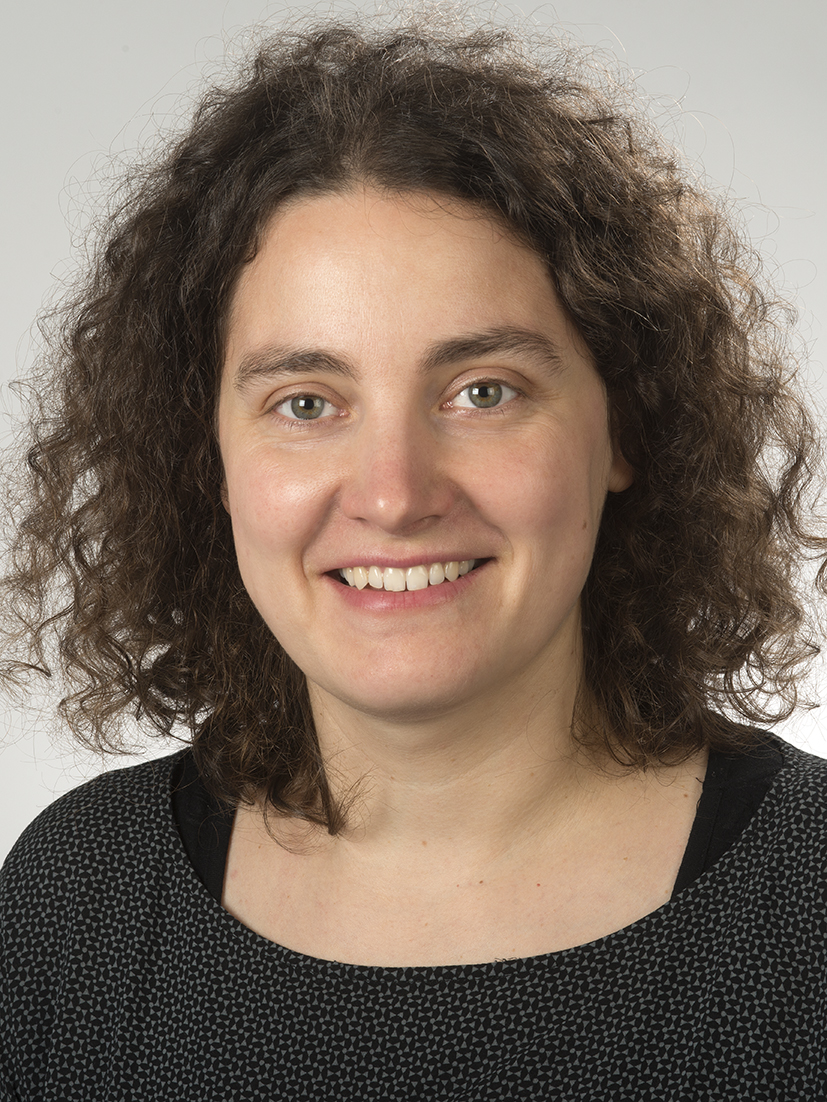Technology Expertise Networks and Core Facilities
The Proton Therapy Facility Dresden (UPT)
Dresden offers a proton experimental and clinical research facility. The clinical gantry is open for patient studies since December 2014. At first focus was given on the treatment of different pediatric cancers, tumors of the base scull, tumors close to the spinal cord, brain tumors and prostate cancer. Gradually more and more clinical studies are conducted for the proton treatment of additive tumor entities, e.g. for head and neck squamous cell carcinoma, gastro intestinal cancer (i.e. HCC, PDAC) or thoracic malignancies. Furthermore proton therapy is used to treat individual tumors with complicated positions that cannot or only insufficiently be treated with conventional photon therapy or for the secondary treatment (re-irradiation) of tumors with a high risk for severe side effects using conventional photon therapy.
The Dresden experimental proton facility enables physics and engineering experiments as well as biology experiments. Translational radiobiological experiments with protons on relative biological effectiveness and combined treatment schedules are in progress since 2015. These biological experiments are performed in comparison to standard clinical photon beams, to a range of novel ion beams provided in Heidelberg and to innovative beams developed at laser basis at the Helmholtz Center Dresden-Rossendorf (HZDR). Together with the DKTK particle centers Heidelberg and Essen clinical co-operation projects are in progress, e.g. dosimetric and modelling studies for preparation of clinical trials. Furthermore, clinical protocols were developed and started as well as dosimetric site comparisons were initiated. International network formation with non-DKTK European particle sites and other partners (e.g. CERN, ESTRO, EORTC) has been initiated and these interactions to study groups and partner centers beyond DKTK will be strengthened.
The co-operation with the Heidelberg and Essen particle centers within the DKTK consortium provides a worldwide unique partnership for generating valid particle data also for rare tumors and for the establishment of the consortium in an internationally leading position in this specific field of clinical cancer research. Added value comes from the increased sample size, methodology portfolio as well as positioning of the consortium in international networks and study groups.
More information on the Proton Therapy FacilityDresden
Small Animal Imaging and Radiotherapy Platform
Preclinical in vivo studies using small animals are essential to develop new therapeutic options in radiation oncology. Of particular interest for radiation oncology are tumor xenografts and orthotopic tumor models, which better reflect the clinical situation in terms of growth patterns and micro-environmental parameters of the tumor as well as the interplay of tumors with the surrounding normal tissue. Orthotopic models increase the technical demands and the complexity of preclinical studies as local irradiation with therapeutically relevant doses requires image-guided target localization and accurate beam application. Furthermore, advanced imaging techniques are needed for monitoring treatment outcome. Dresden features the full spectrum of bio-imaging, radiomics and image-guided radiotherapy (IGRT) for small animals. Available bio-imaging facilities include CT, PET/CT, PET/MRI, ultrasound and optical imaging (e.g. bioluminisence). Next to a fully equipped conventional small X-ray animal irradiation platform, a novel small animal image-guided radiation therapy (SAIGRT) system was developed in Dresden. It allows precise and accurate, conformal radiation therapy and x-ray imaging of small animals.
For more information visit the SmallAnimal Imaging and Radiotherapy Platform Dresden
Technical Expertise Network: Immune Monitoring
The major aim of our immune monitoring program is the integration of comprehensive multidimensional immune-profiling into clinical trials for tumor patients to identify biomarkers of treatment response, to reduce therapy-related side effects, to discover mechanisms underlying this treatment modality, and to identify modes of treatment resistance. The findings may support the design of improved immunotherapeutic strategies for tumor patients. Currently, we perform immune monitoring for various preclinical and immunotherapy-based clinical studies enrolling patients with colorectal cancer, pancreatic cancer, hepatocellular and cholangiocellular carcinoma, melanoma, acute myeloid leukemia and myelodysplastic syndrome.
- Comprehensive analysis of the frequency, phenotype, and functional properties of various immune cell subsets (dendritic cells, T cells, natural killer cells, monocytes/macrophages, B cells) in blood, bone marrow, and tumor tissues of patients by using multi-parameter flow cytometry, FACS-based single cell sorting, and transcriptome profiling.
- Evaluation of the frequency, phenotype, and functional capabilities of peptide-specific and tumor-reactive T cells by using flow cytometry, ELISA, ELISpot, radioactivity assays (Cr51/3H-Thymidine), cloning, and TCR sequencing.
- Analysis of the composition and spatial distribution of various immune cell subsets within the bone marrow and tumor tissue samples. Therefore, immunohistochemistry and immunofluorescence multiplex staining are performed and analyzed by using the Vectra automated quantitative pathology imaging platform.
- Detection and quantification of multiple proinflammatory cytokines and chemokines as well as soluble checkpoint molecules in sera of tumor patients by using the LuminexTM technology.
For more information visit the Immune Monitoring DKTK website.
Contact


